An arbovirus…? What’s that?
West Nile virus is one of many arboviruses in Florida. “Arbovirus” may sound like it must be related to the Latin word for tree: arbor. So it might seem like it should mean a virus that infects trees. In fact, it has nothing to do with “arbor.” Arbovirus is actually not an official scientific term but an informal mash-up of “arthropod” and “borne.” So an arbovirus is a virus that gets carried around by arthropods (insects or arachnids, usually mosquitoes and ticks–mosquitoes in the case of West Nile–but also sometimes bugs, lice, flies, fleas, and midges, depending on the virus). Several arboviruses can infect people, livestock, pets, and wildlife in Florida and the rest of the United States. You can learn about many of them at Ask IFAS.
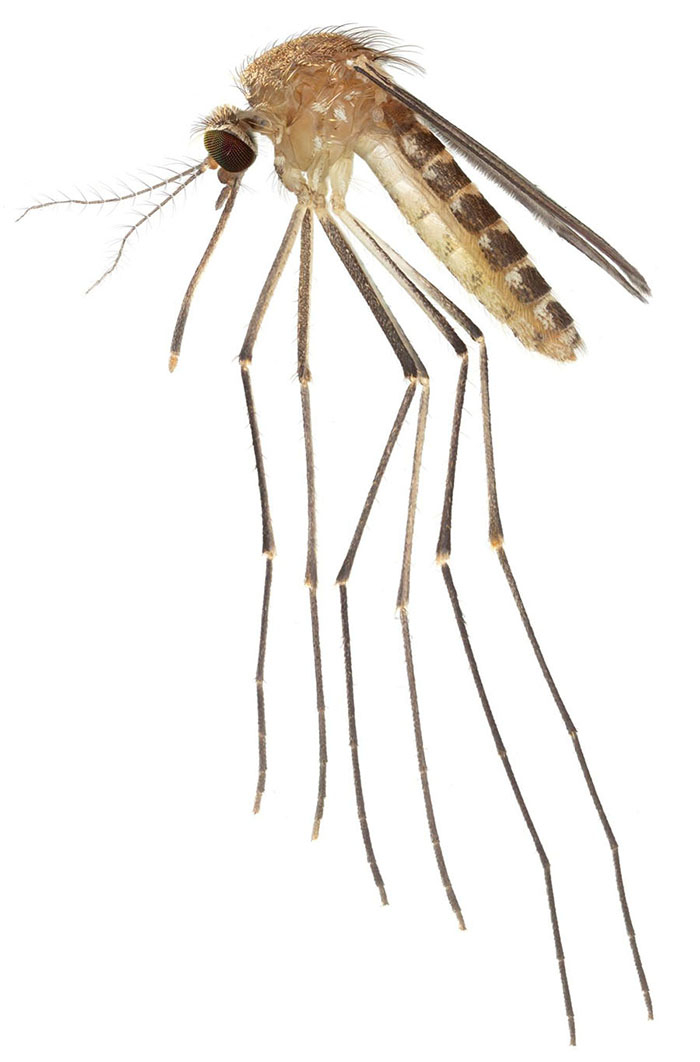
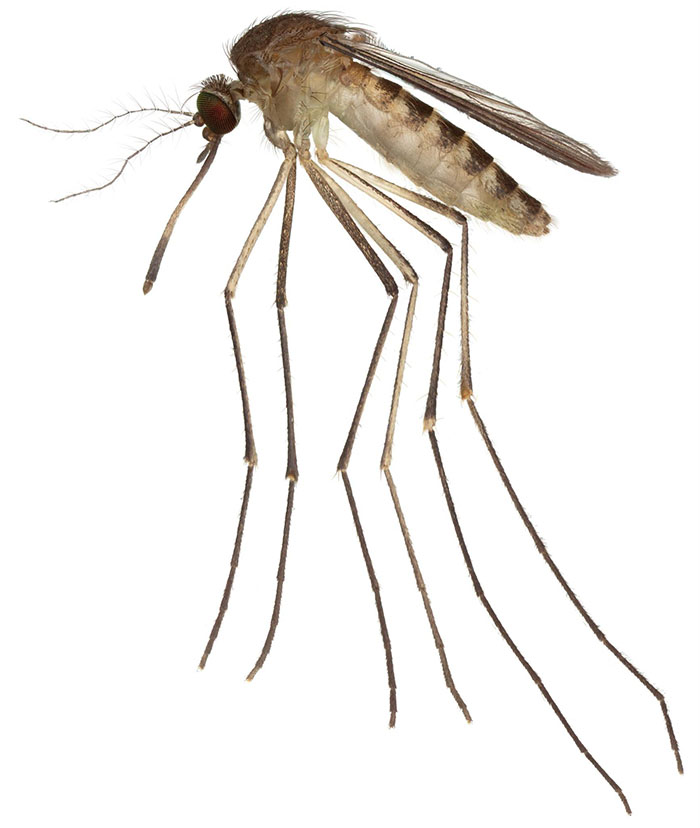
An Ask IFAS fact sheet describes two species of mosquitoes that are the main culprits spreading the virus in Florida. Culex quinquefasciatus usually favors urban areas. These skeeters like birds best but will also bite people and other mammals and spread the disease to them. Another species, Culex nigripalpus, snacks seasonally. It mostly bites birds in the winter and spring but switches to mammals in the summer and fall.
How does West Nile virus spread?
Mostly it spreads among birds and species of mosquitoes that feed on birds. Mourning doves, cardinals, and the Florida scrub jay can all become infected with the disease if they are bitten by a mosquito carrying the virus. High levels of virus build up in birds’ bloodstreams, so that if an uninfected mosquito bites the infected bird, the mosquito will become infected.
Mammals are considered “dead end hosts” for the disease because they can become infected themselves but cannot infect mosquitoes. The virus cannot replicate well in mammalian bloodstreams, so it doesn’t reach transmissible levels. If an uninfected mosquito bites a horse or a human infected with the virus, the mosquito will usually not become infected.
This virus has only been in the United States since 1999, but because birds travel long distances, the virus quickly spread to every state, infecting the resident birds and mosquitoes. It was first identified in Florida in 2001 and since then has infected 460 people and 757 horses and other equine species in the state.
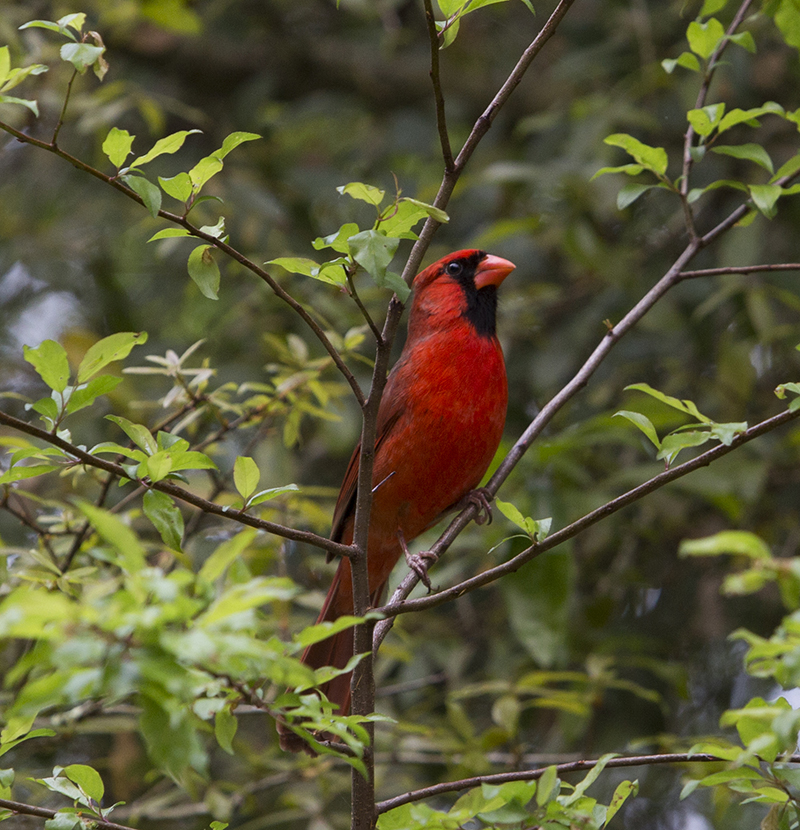
How serious is it?
Not serious at all for most; very serious for some. Most people who become infected won’t feel any symptoms beyond the itchiness from the mosquito bite that gave them the virus, but 20% will develop illness. Most people get relatively mild, flu-like symptoms. A few people, approximately one out of every 150 infected people, can develop very serious neuroinvasive disease that can cause encephalitis or meningitis.
This virus is particularly worrying for people who have horses. Ten percent of infected horses can get neuroinvasive symptoms just like those in people–obviously a scary problem for an animal that spends so much of its life outside. Fortunately, there are vaccines available for horses to protect them against West Nile virus.
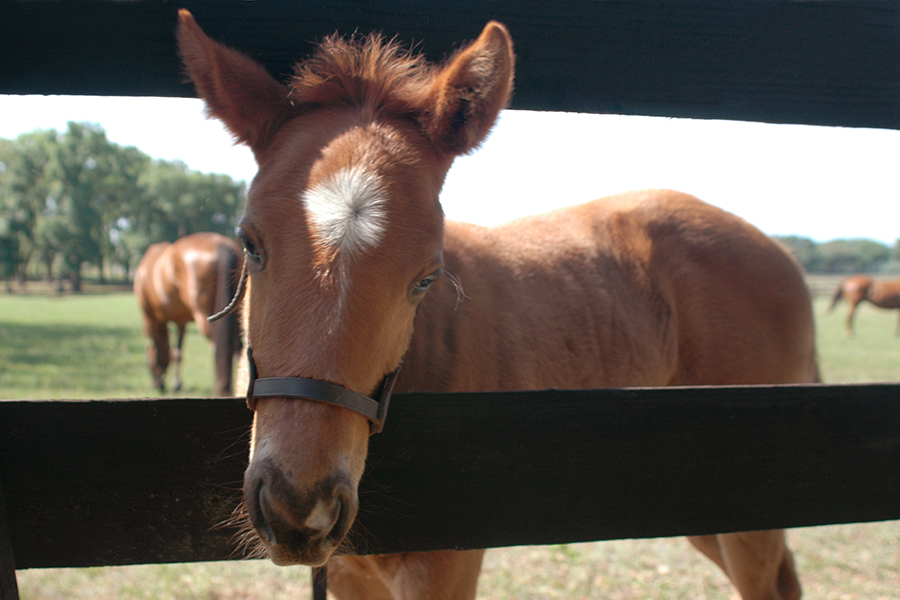
What should you do?
Screen mosquitoes out of your home; dump out standing water in your yard; wear mosquito repellent, long sleeves, and long pants when outdoors, especially in late summer and early fall when Culex nigripalpus starts hankering for mammal blood. If you have horses, vaccinate them against this virus and ensure that they get their annual booster shots to protect them.
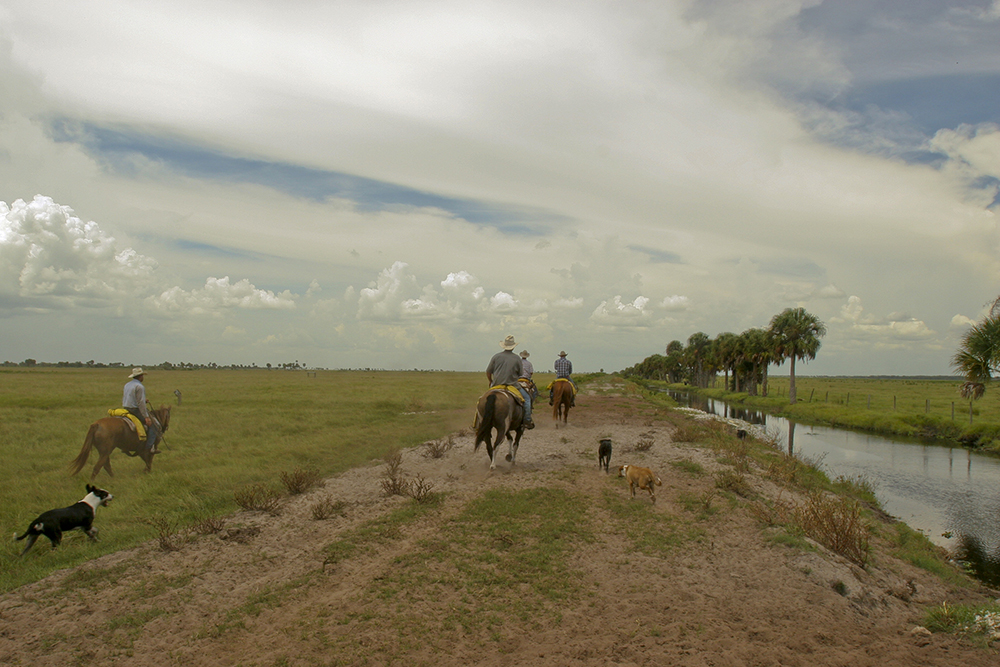
To learn more about West Nile virus and other mosquito-borne diseases in Florida, please consult Ask IFAS.
by Susan Gildersleeve
Source: UF/IFAS Pest Alert
Note: All images and contents are the property of UF/IFAS.



